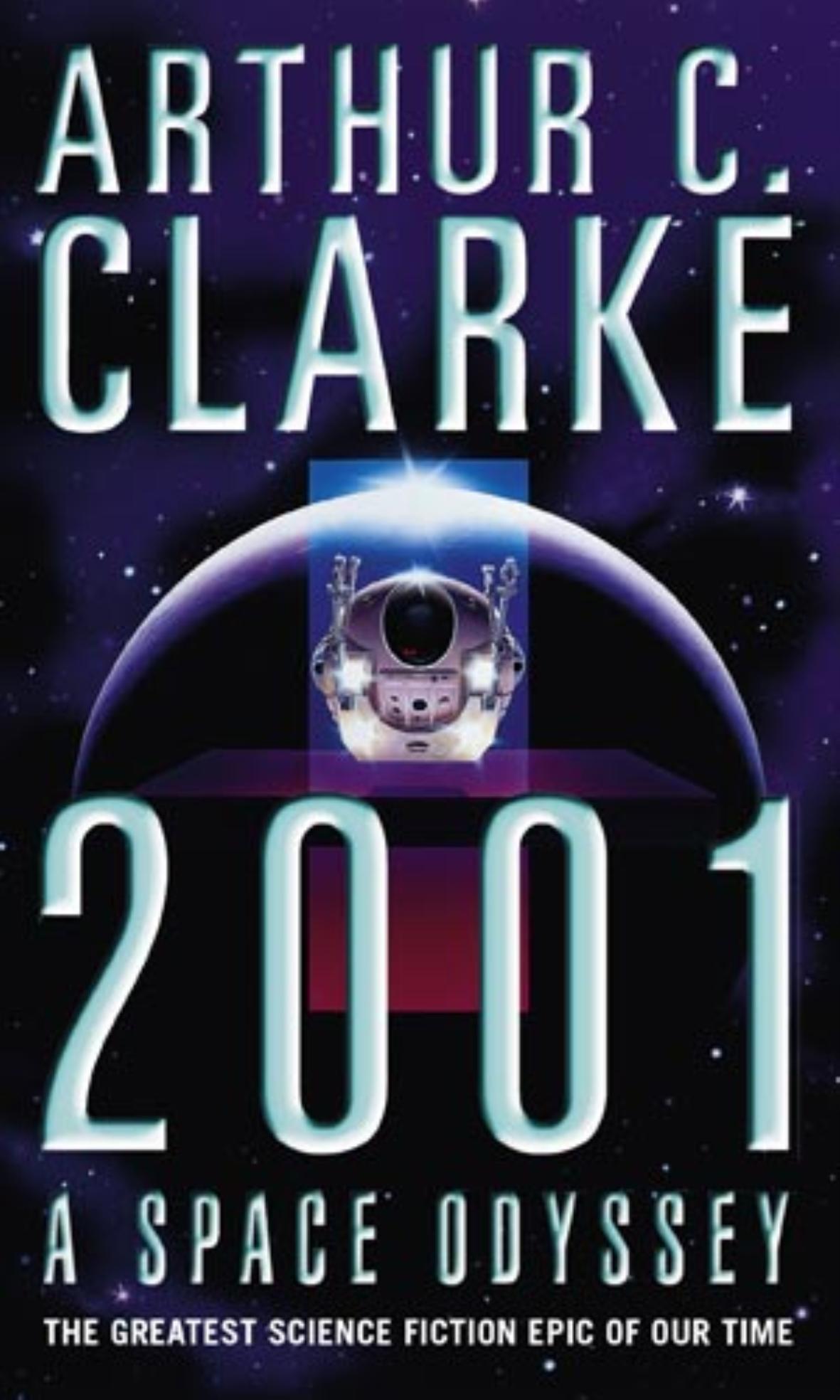Book Name: The Day of the Triffids
Author: John Wyndham
Genre: Science Fiction
So... Day of the Triffids. This is a book I've certainly heard of, but really had no idea about. I realise I've said that about a few of the books now, but I guess that's why I chose them. There's an awful lot of books out there which I keep thinking, "I really ought to have read that". It's one of the reasons I started this challenge. To force myself to read outside my comfort zone and discover why certain books are now classics and why people still enjoy them many years after they were written. Probably even when I finish this list, I'll still have hundreds more books to read, but at least I'm making a start!
Now, before reading this book, I had a vague idea that the triffids were plants and I think I was probably expecting a story in which people were chased by giant plants for most of it. Without spoiling the plot too much, I'd like to say it's a lot more in depth than that. In fact the triffids really don't feature as much as I was expecting. As it turned out, it was more horror for me than sci-fi, with the main aspect of the book being the fact that the vast majority of people are blind.
Being blind is something that scares me a lot. It's like being scared of the dark, it's not specifically the dark you're scared of, but the fact you can't see properly. Whilst the book focuses on characters who have been spared from blindness, there is a consistent reminder throughout of how deeply this epidemic has affected the populace, as over time society quite literally crumbles. On top of that, the survivors have to deal with the threat of the triffids, who are now infesting the countryside with no-one to control their spreading.
I love the way Wyndham created this post-apocalyptic world, and how his characters react differently to the chaos they've been thrown into. Their viewpoints on how to deal with having the society they've been brought up in being destroyed produce some very interesting conversations. I particularly liked the way it made me think about what I might do and how I might feel if a similar situation should occur. Would I want to save everyone? Or would I focus on rebuilding the world and saving only a few? I'm still not sure. Either way, I recommend reading it and maybe you can decide for yourselves. Just hope that if it does happen, there aren't any triffids.
Other
Books I Considered: The Catcher in the Rye - J.D. Salinger
Books I Read Inbetween: The Rest of Us Just Live Here - Patrick Ness; A Dance with Dragons: Dreams and Dust - George R. R. Martin
Books I Read Inbetween: The Rest of Us Just Live Here - Patrick Ness; A Dance with Dragons: Dreams and Dust - George R. R. Martin
